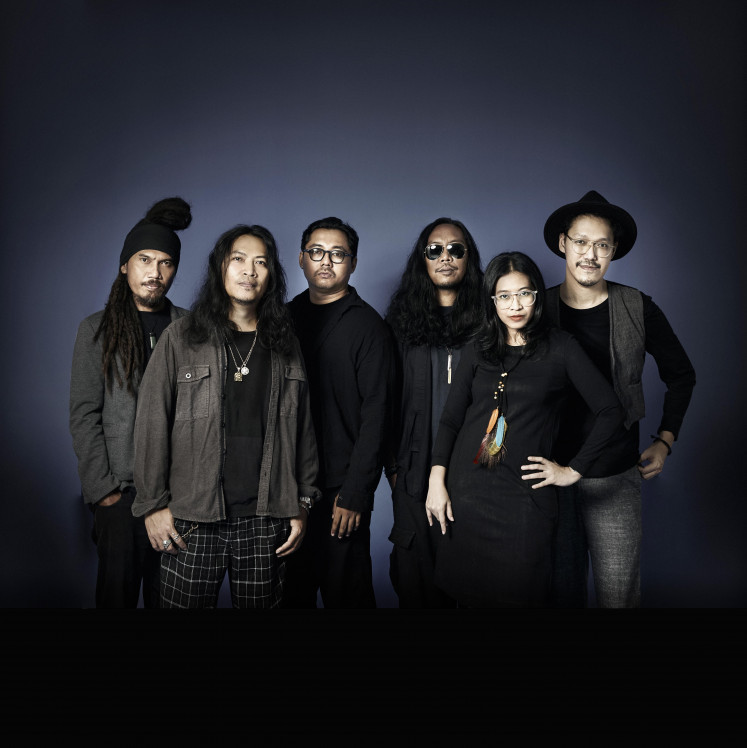Civet coffee proves popular at Luang Prabang’s Khi-ngen
The popular Luang Prabang Kopiluwak Cafe or better known in Lao language as Khi-ngen coffee is made from the beans that have passed a civet’s digestive tract.
Change Size
 Luang Prabang Kopiluwak Cafe or better known in Lao language as Khi-ngen coffee (coffee made from the beans that have passed a civet’s digestive tract). (Vientiane Times/-)
Luang Prabang Kopiluwak Cafe or better known in Lao language as Khi-ngen coffee (coffee made from the beans that have passed a civet’s digestive tract). (Vientiane Times/-)
Luang Prabang city is a World Heritage Site boasting a unique selection of natural, cultural and historical places.
To complement this attractive offering, food and drinks also come with local styles and inspiration from abroad popping up in unlikely places.
One of them is ‘Luang Prabang Kopiluwak Cafe’ or better known in Lao language as Khi-ngen coffee (coffee made from the beans that have passed a civet’s digestive tract).
A visit to Luang Prabang shouldn’t be complete without tasting this specialist coffee presented by Oum huck garden.
Like civet coffees abroad, Luangprabang Kopiluwak Cafe is different from regular coffee because it has a unique, unique taste and smell.
The production process is more difficult and takes more time compared to other kinds of coffee as it must pass through the digestive system of the civet before roasting.
Importantly, it’s organic.
Read also: A journey into the mountains for a cup of coffee
This writer recently had a chance to visit the garden and taste the specialist coffee with colleagues.
We found that the brew provided a very special and exceptional aroma and flavor.
Our delegation was also well pleased with the warm welcome of the family who owned the garden, the staff and their excellent service.
We enjoyed tasting the Khi-ngen coffee and other kinds of beverage products presented in the garden setting.
The garden’s manager, Mr Kenchan Simmavong said that Khi-ngen coffee or Luang Prabang Kopiluwak Cafe is one of various coffee and tea products produced in his garden and all were organic.
“Luangprabang Kopiluwak Cafe is an exceptional coffee product because it’s made using these special methods.
“The production of this coffee isn’t easy, and it takes a long time with many steps,” he said.
“I have been producing Luang Prabang Kopiluwak Cafe for only four years.
“We produce this coffee by raising civet cats to eat the ripe coffee seed.
“We then take the seed out of the excrement of the civet.
However, it isn’t easy to raise the civets and have them to eat the seed because they will eat only the clean and good quality seeds and they eat only a small number each time.”
“We can only do this seasonally, around November to January, where we feed the civets with the ripe coffee seeds and collect them from their excrement. After, we place them outdoors for some time until they dry. After that, we put the seeds in bottles and keep them for two years. Then we process the seeds by frying or pounding them into powder,” Mr Kenchan explained.
It’s because of this long process that the coffee is more expensive than normal. However, it also adds a unique taste and flavor are making the extra money worth it.
Read also: The rise of Lawu coffee among Java's single origins
One kilogram is six million kip ($712) and one cup is 150,000 kip ($17.8).
However, according to Mr Kenchan, the product is an affordable luxury if you compare it to the price of civet coffee elsewhere.
Situated along the road to Kuangxi waterfall, in Sing Village, it’s easy to get to Oum huck garden and taste Luang Prabang Kopiluwak Cafe.
The garden currently has 16 civets that can eat the ripe coffee seed or produce Khi-ngen coffee beans.
Some of them have also reproduced.
Besides growing coffee on 2.5 hectares, the garden also grows others organic crops such as herbal tea including lemongrass, ginger, black ginger, turmeric and bael.
The coffee beans that civets don’t eat the garden uses to produce another more regular brew marketed as ‘Luang Prabang Coffee’ which is also nice to taste.
All of them are organic at reasonable prices.
Mr Kenchan said that he’s pleased and proud to be able to make the Khi-ngen coffee by himself, to serve society and to serve foreign visitors.
He asks everyone to visit his garden and taste his local products, particularly Khi-gnen coffee.
Read also: Crazy about Indonesian coffee? Here are the basics of java
He said that now the Luang Prabang Kopiluwak Cafe is only on sale in the garden and Luang Prabang city but in the future, he will sell it in Vientiane and other provinces or export to other countries if possible.
“Luang Prabang Kopiluwak Cafe is still a new product for people in Luang Prabang and Laos in general but people are becoming more and more familiar with it.
“A difficulty is that it takes around three years to grow coffee trees and of course it takes a bit of time to ferret out a bean from all the excrement.
“The amount we can produce is limited and we can only extract about 20 kilograms worth of beans out of civet’s dung each season.
“However this year we plan to increase it to 25 kilograms because the increase of coffee trees will bring more fruit.
“In the future, I will extend my market as the numbers of customer increase. There’s a shop in the garden where my products are displayed.
“I want to ask everyone, particularly coffee drinkers to visit my garden and taste my special coffee Khi-ngen and other products.”









